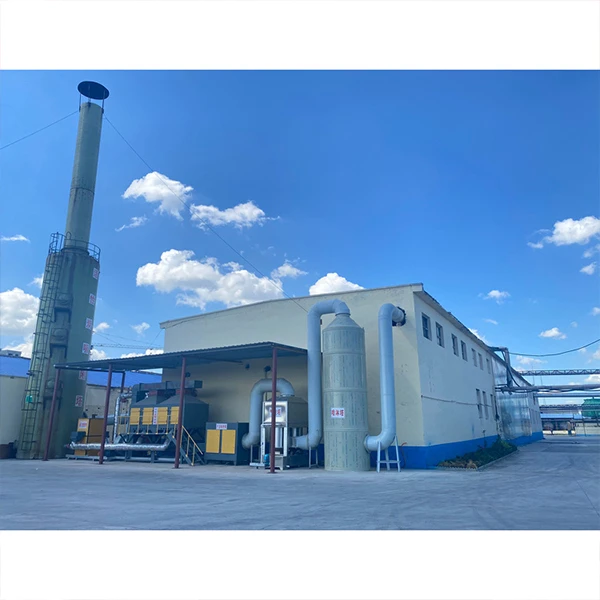The Importance of HPMC in Tiling Enhancing Adhesion and Performance
Hydroxypropyl Methylcellulose (HPMC) has become a cornerstone material in the tile adhesive industry, significantly enhancing the performance and reliability of tile installations. This multifunctional additive, derived from cellulose, contributes to several essential properties that make it indispensable in modern tiling applications.
The Importance of HPMC in Tiling Enhancing Adhesion and Performance
Another significant benefit of HPMC is its improved workability. Tile adhesives formulated with HPMC are easier to apply, allowing for smoother spreading and better manipulation during installation. This is particularly beneficial for large-scale projects where time efficiency and precision are paramount. The enhanced viscosity provided by HPMC allows installers to work at a comfortable pace without worrying about the adhesive setting too quickly, making the entire process more manageable.
hpmc for tile

Moreover, HPMC contributes to the flexibility of tile adhesives. This flexibility is vital in areas exposed to temperature fluctuations or structural movement, as it helps to accommodate slight shifts without causing damage to the tile or the adhesive layer. This characteristic is especially important for materials like porcelain tiles, which can be more prone to cracking under stress.
Furthermore, HPMC serves as a stabilizing agent in tile adhesives, preventing separation of the components and ensuring an even distribution during application. This stability helps maintain the quality of the adhesive over time, reducing the likelihood of failure due to uneven composition.
As the construction industry continues to evolve, the demand for high-quality materials that ensure longevity and performance has never been higher. HPMC's versatility and effectiveness in tile adhesives align perfectly with these demands, making it a preferred choice among manufacturers and contractors alike.
In conclusion, the integration of Hydroxypropyl Methylcellulose in tile adhesives has revolutionized the tiling industry. Its ability to enhance water retention, workability, flexibility, and stability makes it an essential component for achieving high-quality tile installations. As the focus on durability and performance continues to rise, the role of HPMC in tiling will only become more significant, ensuring that beautiful and functional spaces are created in both residential and commercial settings.
-
Rdp Powder: Key Considerations for Wholesalers in the Building Materials IndustryNewsJul.08,2025
-
Key Considerations for Wholesalers: Navigating the World of Hpmc - Based ProductsNewsJul.08,2025
-
Hpmc Detergent: Key Considerations for WholesalersNewsJul.08,2025
-
Key Considerations for Wholesalers: China Hpmc For Tile Adhesive, Coating Additives, Concrete Additives, and MoreNewsJul.08,2025
-
Crucial Considerations for Wholesalers: Navigating the World of Construction MaterialsNewsJul.08,2025
-
Key Considerations for Wholesalers Sourcing Additive For Cement, Additive For Concrete, Additive For Putty from Additive Manufacturer Shijiazhuang Gaocheng District Yongfeng Cellulose Co., Ltd.NewsJul.08,2025




